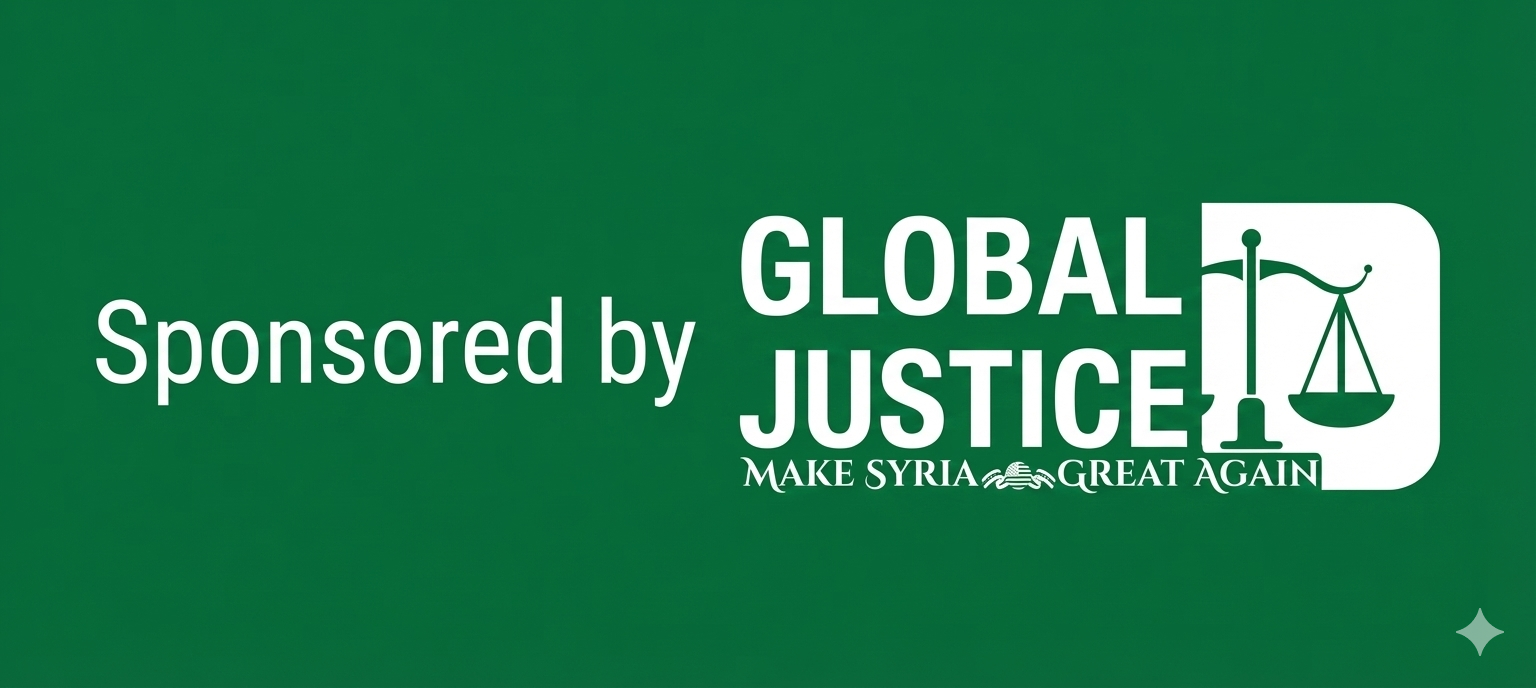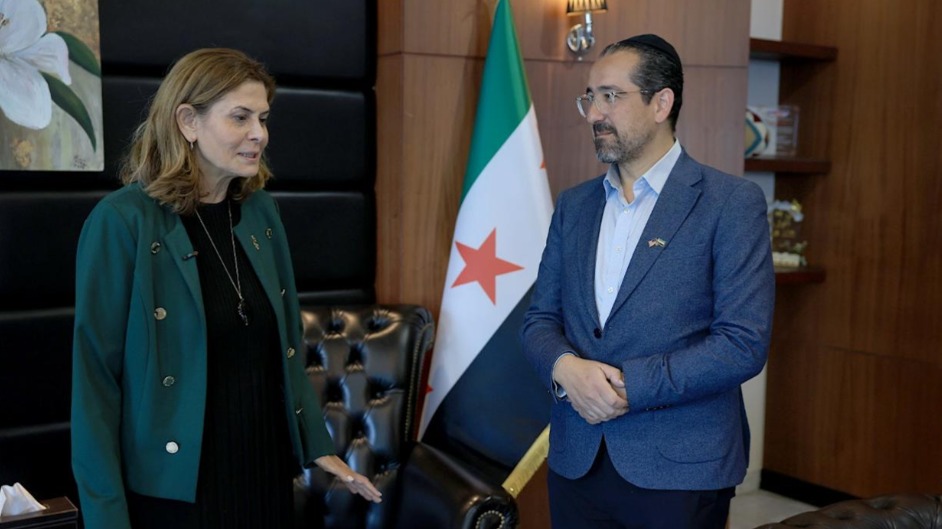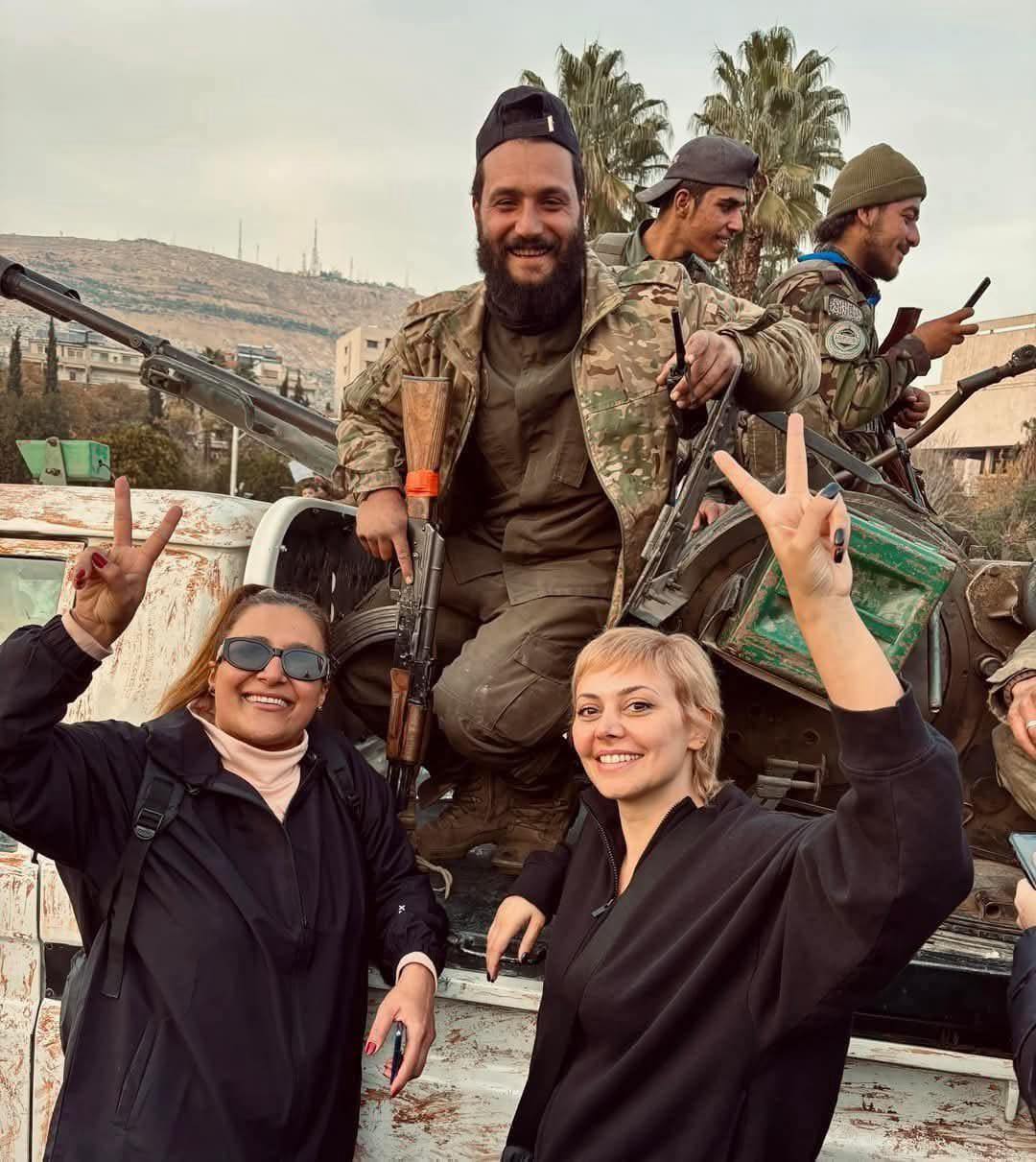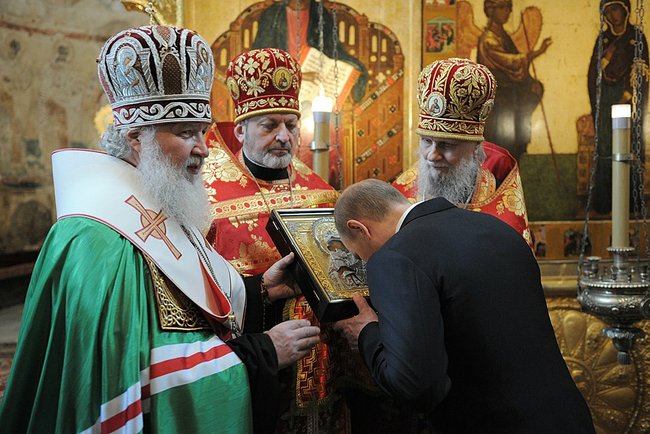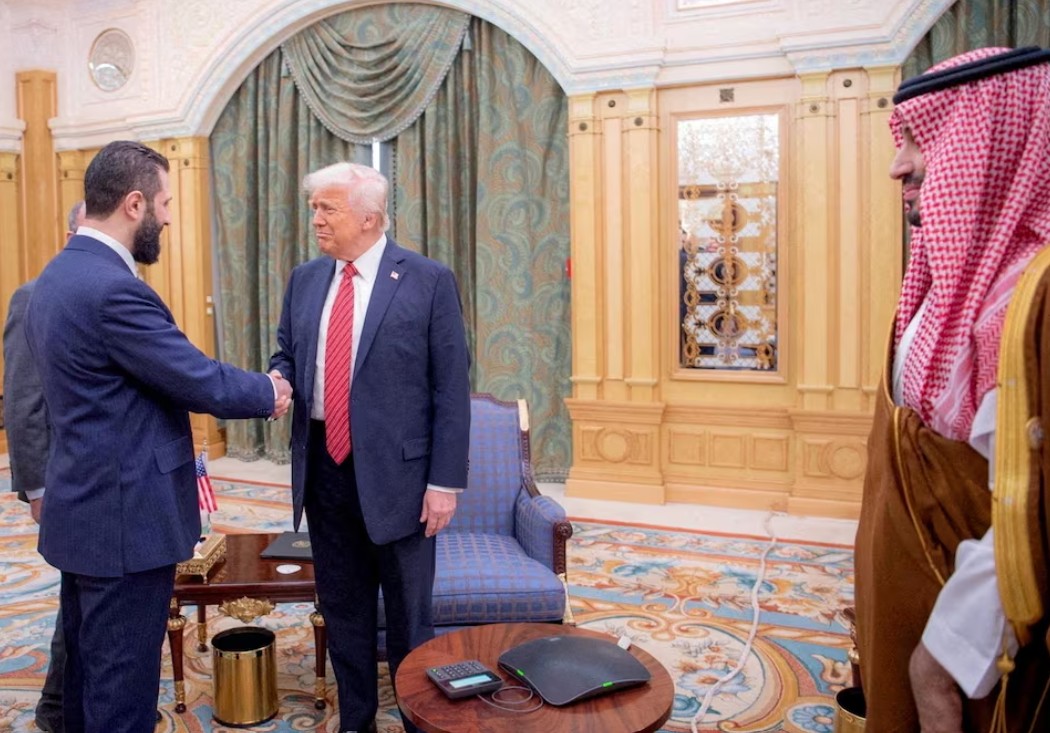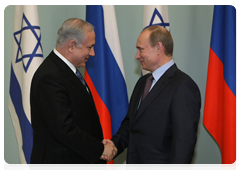Putin considers slamming the door on Iran and opening a window for Israel

By Baria Alamuddin, Arab News
A remarkable meeting occurred in January between Syrian and Israeli officials at the Russian base near Latakia in western Syria. It appears to have been precipitated by Israeli concerns about the increasing sophistication of high-precision Iranian missiles and drones in Tehran’s satellite states.
Israel wanted to convey the message to Tehran that an Iranian military presence in Syria would never be permitted. Perhaps more remarkable than the meeting itself was the extensive pressure exerted by the Russians to force Damascus to participate, including temporarily suspending fuel supplies.
Some observers view Moscow’s persistent efforts to bring Israeli and Syrian officials closer together as the prelude to a peace accord, similar to those brokered with other Arab states. If Russia did facilitate such a deal, the essential elements are obvious: Return of the Golan, in exchange for wholesale Iranian exclusion from Syrian territory – a major concession to swallow for both sides, but offering huge strategic gains. If Putin decides to put his boot on Assad’s neck, this is probably an offer that the gravely weakened Syrian dictator couldn’t refuse — particularly as it was Russia’s 2015 intervention that fundamentally shifted the course of the Syrian conflict.
It’s no secret that many Assad regime officials are fed up with the contempt they experience from Islamic Revolutionary Guard Corps personnel who behave as if Damascus belongs to them. Similarly for Russia, Iran has gone from being a necessary ally to a liability. Russia’s massive military investments in Syria will never be secure as long as Iran’s radicalized militias provoke regional conflict.
Meanwhile, the depths of Putin’s commitment to Israel — and to his friend Benjamin Netanyahu —were highlighted again last week with a Russia-brokered prisoner swap, the third such exchange amid successive rounds of Israeli elections in which Netanyahu has been fighting for his political life.
Russia has conspicuously left Syrian airspace wide open for Israel to strike Iran-associated targets on a daily basis. US intelligence sources describe Syrian airspace as “saturated” with Israeli and Russian planes, necessitating close coordination. Foreign Minister Sergey Lavrov recently pledged to Israel’s leaders: "If you have facts that your state is facing threats from Syrian territory, report the facts urgently and we will take every measure to neutralize the threat."
The Biden administration appears to have reconciled itself to Syria being consolidated under Russian influence; better this than being an Iranian satellite or spawning ground for Daesh. Trump’s Syria envoy, James Jeffrey, warns: “Russia is trying its very best to present an alternative security architecture for the region. (The Russians) are our competition in the region as much as the Iranians are.” Indeed, Biden’s lack of outreach to Arab leaderships may spur them to seek closer Russian ties.
While Biden aspires to be tough with Moscow, he clearly isn’t seeking confrontation for the sake of confrontation, evidenced by the swift return of both sides to the START Treaty. However, this will remain a highly transactional relationship, with Putin seeking as many negotiating cards as possible, even when Russia-US interests overlap.
This is likely to be the case with Iran’s nuclear program. Both Putin and Biden support a return to the 2015 Joint Comprehensive Plan of Action. Indeed, behind the scenes Russia has been encouraging Tehran not to violate its JCPOA commitments, with Lavrov warning Iran “not to give into emotions” and withdraw from the IAEA Additional Protocol. Moscow furthermore has a strategic interest in widening the deal to encompass the curtailment of Iran’s proxy paramilitaries.
Russian diplomacy in Lebanon is also becoming increasingly visible in support of Saad Hariri forming a government, after Western efforts appear to have petered out. This is another arena where Russian diplomacy could constrain Iranian influence, particularly as Moscow’s curtailment of Iran’s activity in Syria would limit Tehran’s ability to arm and support Hezbollah, while abruptly putting a halt to Hezbollah’s regional aspirations. Russia has also been intervening in the floundering Afghan peace process, having most to lose from a terrorism-exporting failed state in its backyard.
Biden should be urging Turkey, as a NATO member, to act as a check on Russian expansionism, particularly as Turkish ambitions so frequently clash with those of Moscow: Ankara backed the winning side, Azerbaijan, in Nagorno-Karabakh, while Moscow (previously the pre-eminent Caucasus power) only latterly intervened to calm the situation.
As part of this Armenia-Azerbaijan peace accord, “sister states” Turkey and Azerbaijan are now physically linked by a “pan-Turkic super-highway” via Armenia. This affords Erdogan’s neo-Ottoman ultra-nationalist regime enhanced access to the Turkic states of Central Asia, which Russia and China regard as their exclusive zone of influence. Turkey’s close ties to Ukraine, including military assistance, are an irritant to Putin’s aspirations to dominate the Black Sea region.
Since 2017 the Central African Republic (CAR) has been the centerpiece for Putin’s expansionist Africa strategy, offering the tantalizing prospect of monopolies over the region’s vast mineral riches. But with the CAR dissolving into renewed paroxysms of civil war, Putin has been compelled to send hundreds of additional mercenaries (or “military instructors”), as his dreams of lucrative African adventures turn into a costly headache.
With a plurality of crises in former-Soviet states (notably Belarus, Kyrgyzstan and Armenia), a newly assertive domestic protest movement (personified by Alexei Navalny) and a tough economic outlook, Putin appears unusually vulnerable and overstretched. Thus, for the time being, Moscow has gone from being the foremost global provoker of conflicts to energetically putting out fires and calming things down — not least in the Middle East, where Putin is sick of Tehran’s warmongering and ceaseless provocations.
Russian pre-eminence in Syria and the region is certainly not our ideal scenario, given the implications for governance, freedoms and human rights. However, given the overarching menace from Tehran, Hezbollah, Daesh, Al-Qaeda and a thousand and one other paramilitary proxies, matters could be infinitely worse.
Published by Arab News on Sunday February 21, 2021: https://www.arabnews.com/node/1812831

